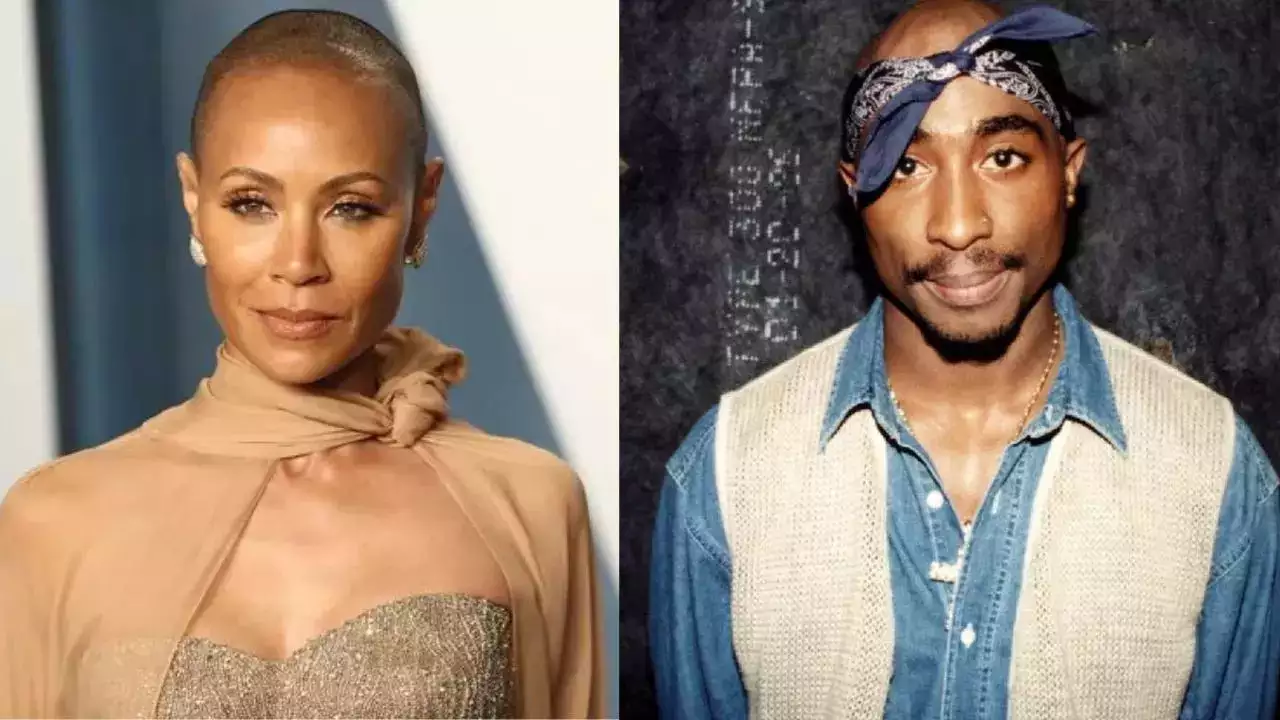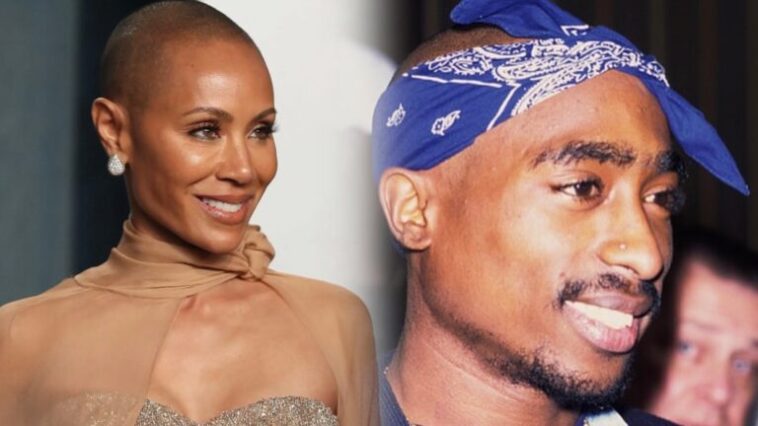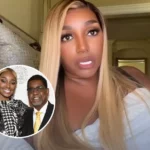In this week’s PEOPLE cover story, Smith discloses that the iconic rapper Tupac also experienced alopecia, the autoimmune condition that leads to unpredictable hair loss. “I don’t believe Tupac ever discussed the alopecia he dealt with,” she remarks, unveiling this revelation.
Back in 2018, the actress and talk show host initially opened up about her own alopecia diagnosis and has since emerged as a prominent advocate for raising awareness about the condition.

Shakur encountered hair loss symptoms comparable to those of Smith. She mentions that this condition began for the late rapper circa 1991 when he was apprehended for jaywalking by the Oakland Police Department in California. (Shakur subsequently initiated a lawsuit against the police department concerning the incident, which was eventually resolved.)
“After his encounter with the police officers in Northern California who assaulted him, he began to experience hair loss. His alopecia patterns were notably more severe than mine,” Smith reminisces.

She suggests that Shakur, who tragically lost his life in 1996, kept his alopecia a secret due to the societal pressures of that era.
“I don’t believe Pac ever opened up about his alopecia, although he carried a bald head very well,” Smith remarks. “But back in those days, during that era, discussing it was just not something he’d do.”
The Emmy Award-winning actress speculates that if Shakur were alive today, he would probably speak openly about his condition.
Smith and Shakur’s friendship began during their teenage years at the Baltimore School for the Arts in Maryland. She previously disclosed to Howard Stern that she and the rapper once shared a kiss but ultimately decided to maintain their friendship. Their relationship was portrayed in Shakur’s 2017 biopic “All Eyez on Me,” with Kat Graham portraying Smith.

Smith shares with PEOPLE her hope that the discussions about her own alopecia, as well as Tupac’s, will contribute to greater awareness of the condition. Alopecia affects as many as 6.7 million people in the U.S. alone, according to the National Alopecia Areata Foundation.
“I’m grateful for the opportunity I’ve had, and we’ll keep having, to shed light on how alopecia impacts me,” she mentions. “My hope is that it encourages people to discuss their own experiences openly, without shame or the burden of stigma.”


